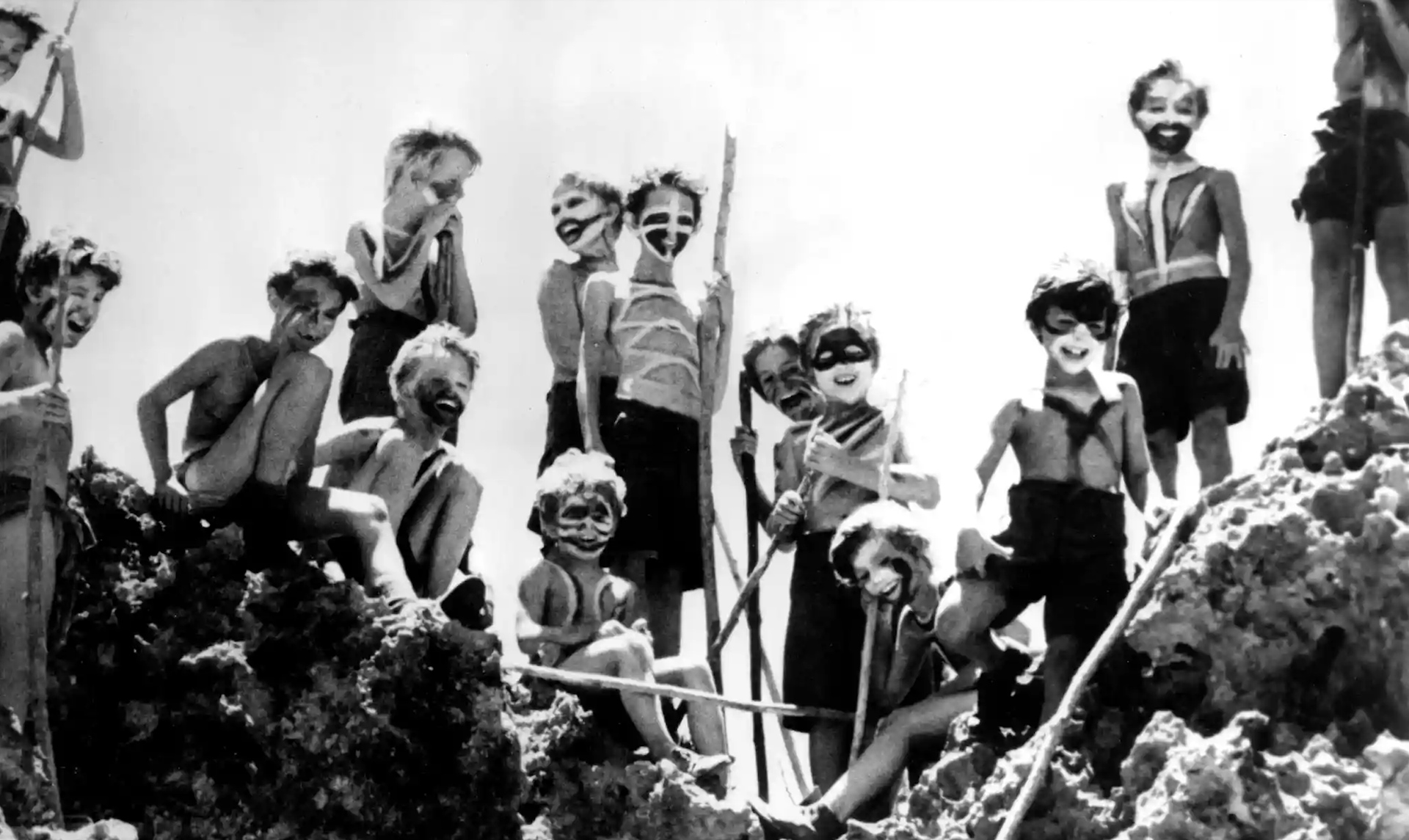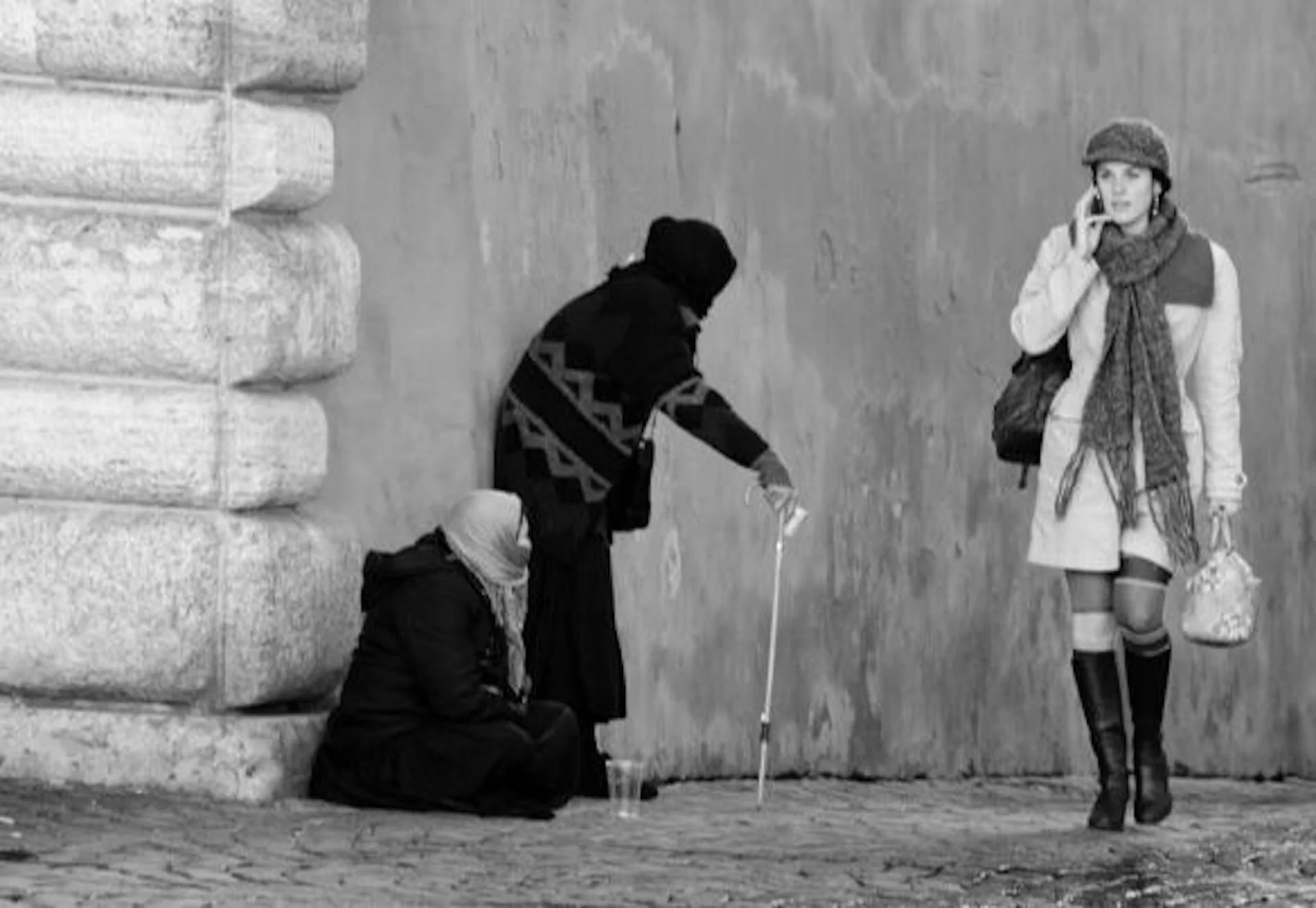The natural state of man is one of utter depravity such that without societal structure the young would descend into savagery. Such is the imprint left on those of us who'd been exposed to William Golding's 1954 allegorical novel Lord Of The Flies. For those who might have missed this middle school rite of passage, the subsequent 1963 film adaptation depicts these young castaways in warpaint drag brandishing primitive weapons. Lest there be any confusion about the "end of innocence" message, there's the naval officer as he first confronts this band and expresses disappointment in seeing British boys exhibiting such feral and warlike behavior -- just as he stares awkwardly at his own warship.
But, wait. The novel is a piece of fiction. Might there be something empirically-based to support the thesis? That's the subject of our focus article (Lord of the Flies Revisited), a real-life account of what occurred when six boys were shipwrecked for fifteen months. Their reported positive experience -- including assigned duties, self-imposed time-outs, daily song and prayer -- would seem to undercut Golding's cynical view of mankind. Let those opposing views frame our discussion.




















